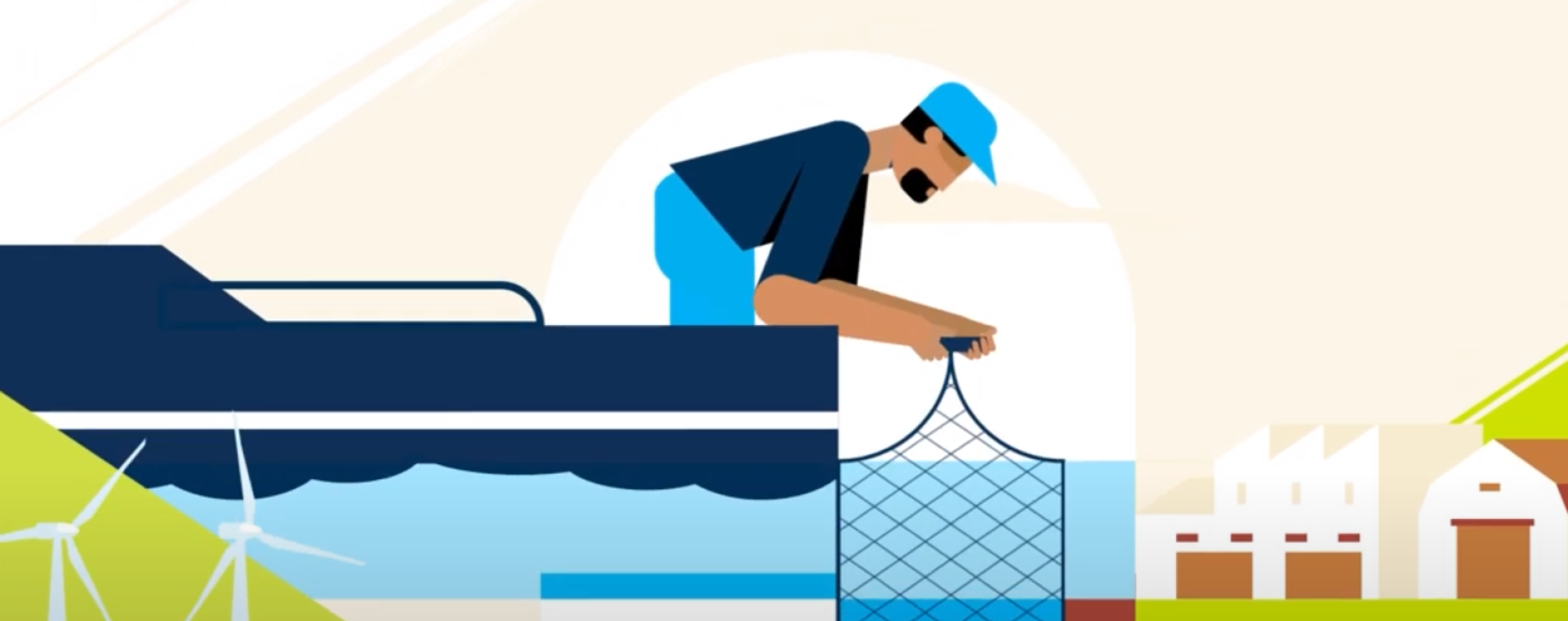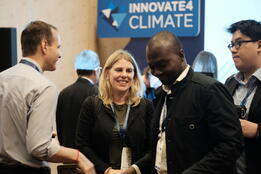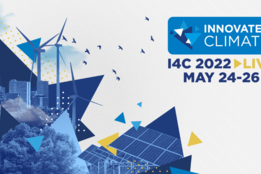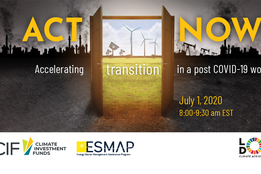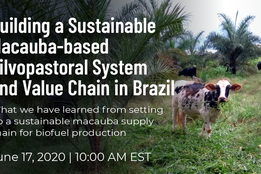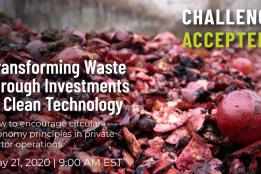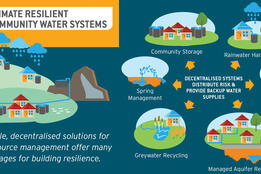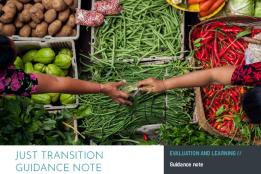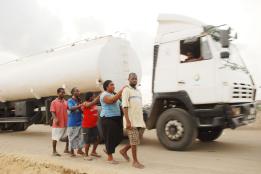Transforming energy systems, improving how we manage natural resources, and building resilience can all require major changes with profound consequences for communities and local economies. Some jobs may disappear even as others are created. Demand for different goods and services may change. People’s lives and livelihoods will be affected. And there will also be important new economic and social development opportunities.
It is crucial that this transformation be fair and just: that people be able to have a say in decisions that affect their lives, and that risks and opportunities be evenly distributed, so one group doesn’t bear the brunt of the changes while another reaps the benefits.
Our Activities
CIF’s Evaluation and Learning Initiative is helping to fill knowledge gaps on what it means for a transformation to be fair, and how it can be achieved, especially in low-income and emerging economies. Several workstreams are ongoing as part of this effort:
Providing guidance for the development of CIF investment plans and projects
CIF investment plans and projects are designed and reviewed to ensure that future investments support fair changes. CIF has created a guidance note to help our partners design plans and projects that consider the variety of socio-economic risks and opportunities they present.
Delivering capacity building for key decision-makers
The Evaluation and Learning Initiative offers capacity building to CIF partner countries on request. It also runs a planning masterclass for policy makers designed to help them exchange experiences and consider the practical implications of planning fair and just transformations across different sectors of the economy.
Developing planning tools informed by experiences around the world
CIF has created an online planning toolbox filled with practical guidance, concrete examples, and links to additional resources on each topic. The toolbox explains key concepts and suggests activities designed to help with effective planning that can deliver fair outcomes.
Funding innovative approaches to planning and implementation
To address the lack of tailored tools and examples from emerging economies, CIF is providing funding to its country partners through the multilateral development banks (MDBs) to pilot new approaches to delivering fair transformations. The lessons are made available on the Planning Toolbox.
Conducting new analyses to deepen understanding
CIF is spearheading new analysis to help fill knowledge gaps on what fair transformative processes entail and how they can be achieved in emerging economies. As part of this workstream, CIF produces original research and analysis, including case studies, research papers, and podcasts.
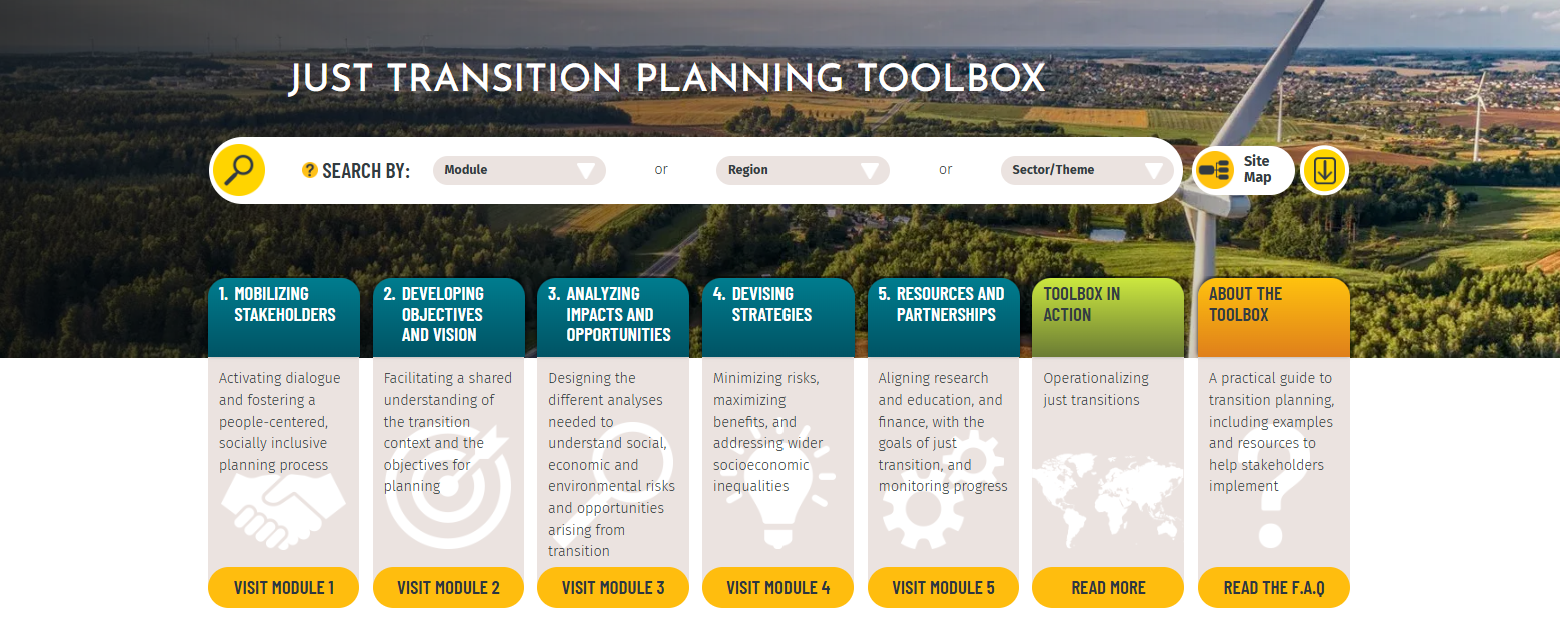
PLANNING FOR FAIR TRANSFORMATIONS
CIF’s planning toolbox provides a wealth of practical guidance and resources for planning fair transformations that fairly distribute the risks and benefits and promote shared decision-making. The toolbox describes the activities that go into preparing for and implementing just transformation. It is a useful resource to help policy makers, practitioners, project managers, and others understand the various stages of the process, with materials that can be tailored to different contexts, real-world examples, and links to external “how to” resources.
Events
See Also
NEWSLETTER
Email us any questions or suggestions for collaboration. To stay up to date on CIF’s Evaluation and Learning Initiative sign up for our Knowledge Review newsletter.

